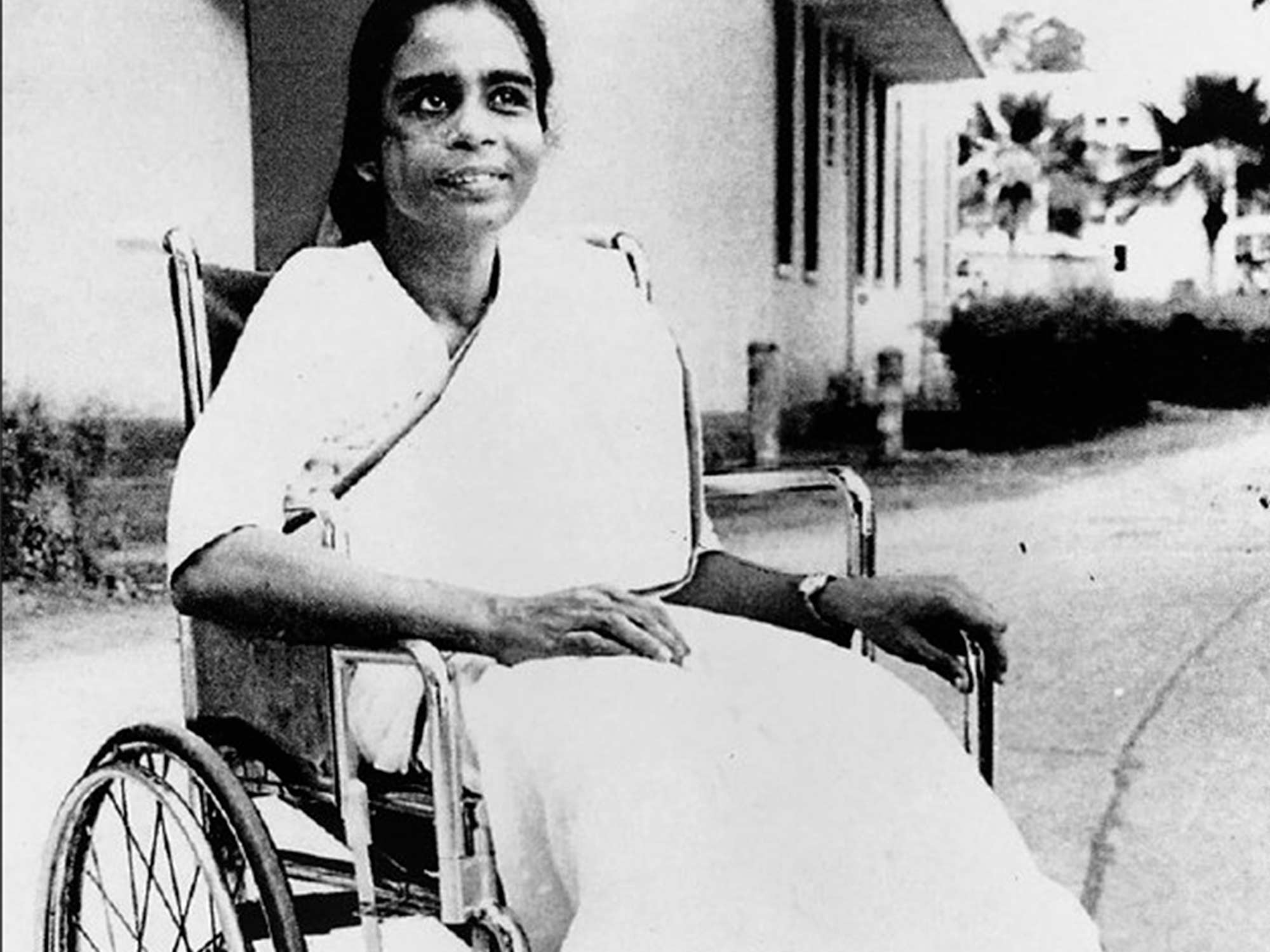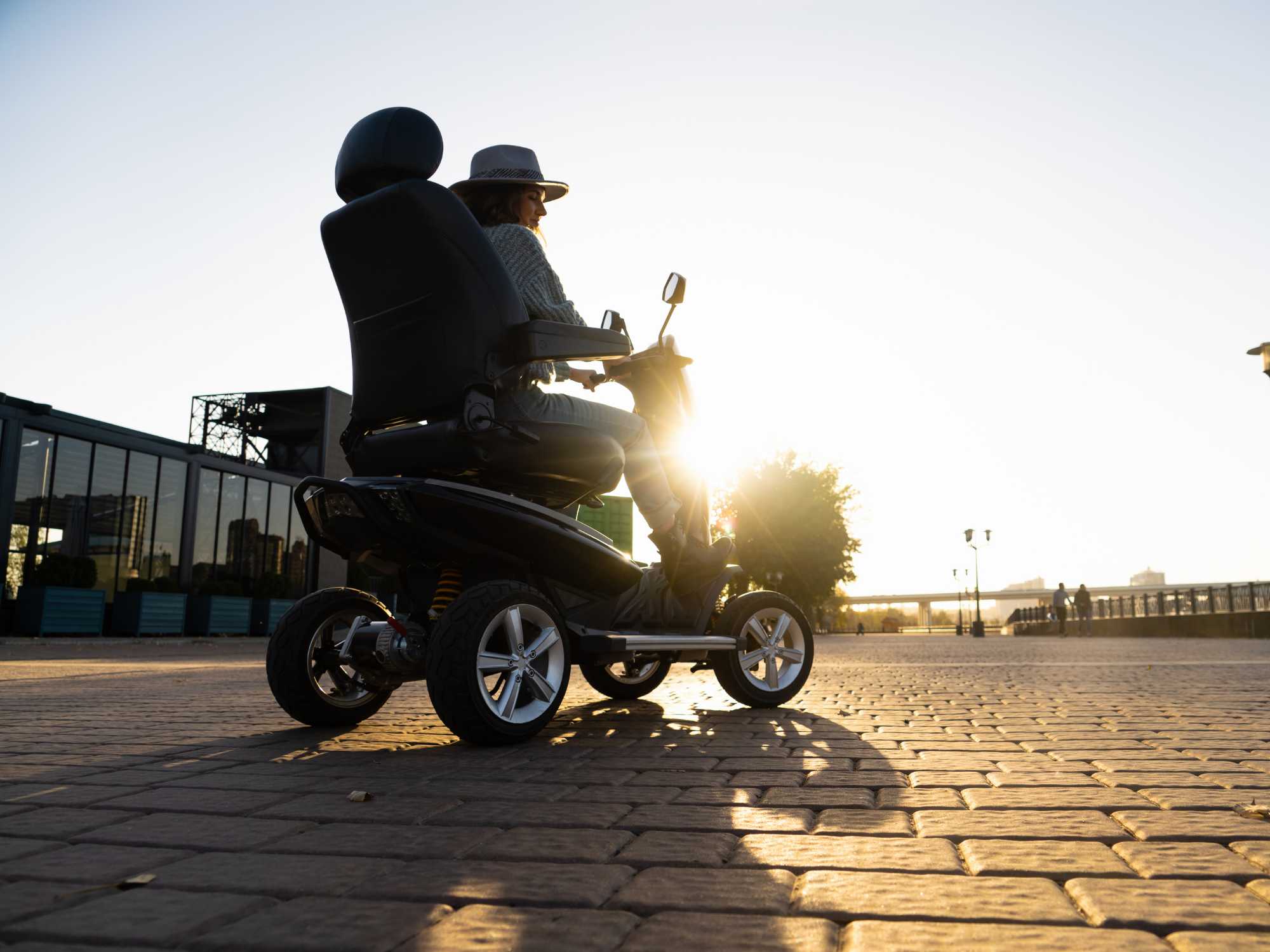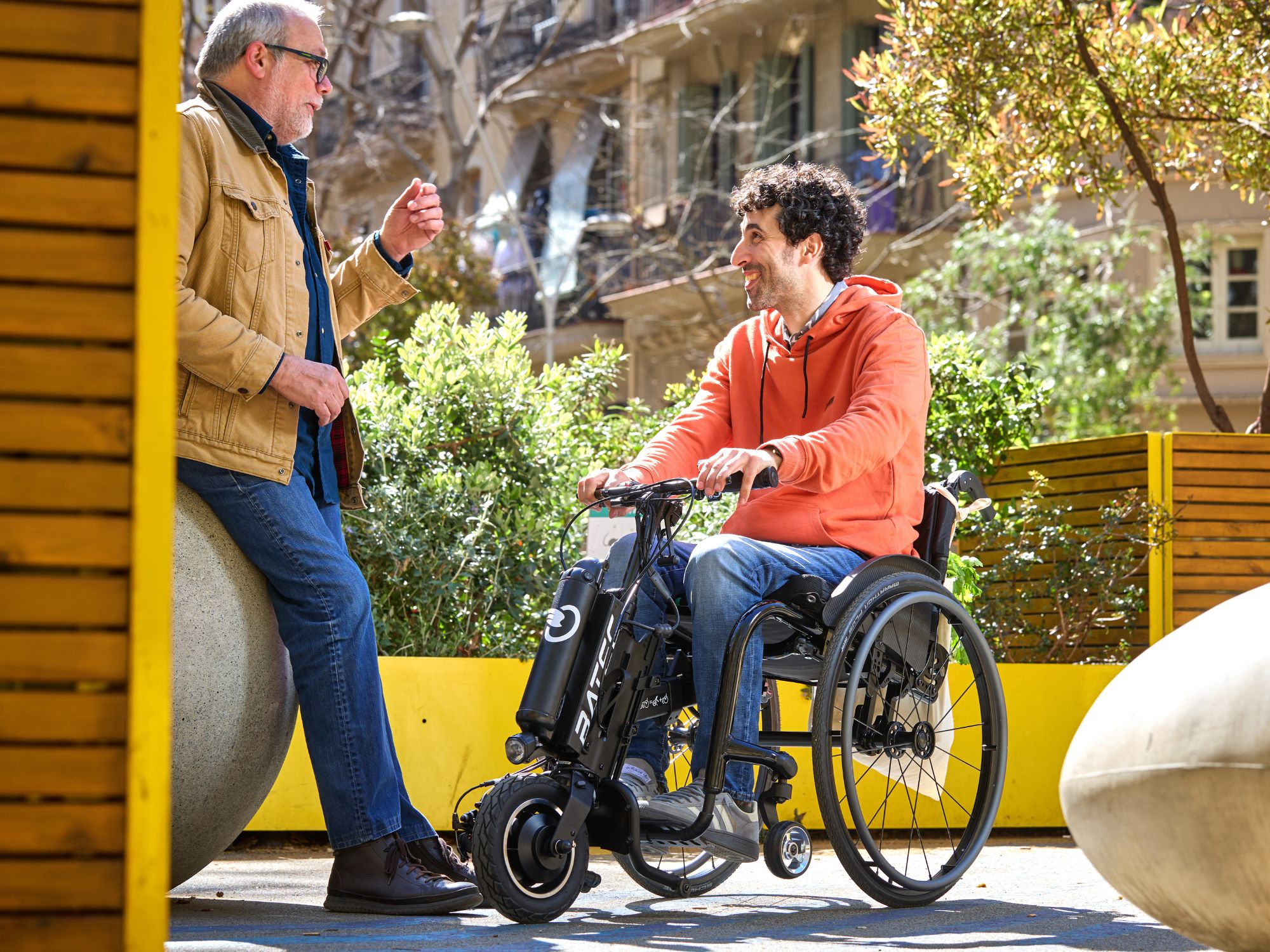dThroughout history, there have been many famous women with disabilities who deserve recognition as pioneers and spokespersons for physical disability visibility across various domains, including painting, medicine, activism, politics and sport.
Here is a compilation of some of the revolutionary and inspirational women whose actions have left us an impressive legacy, brought to you by the Batec Mobility team.
Frida Kahlo (1907-1954, Mexico)
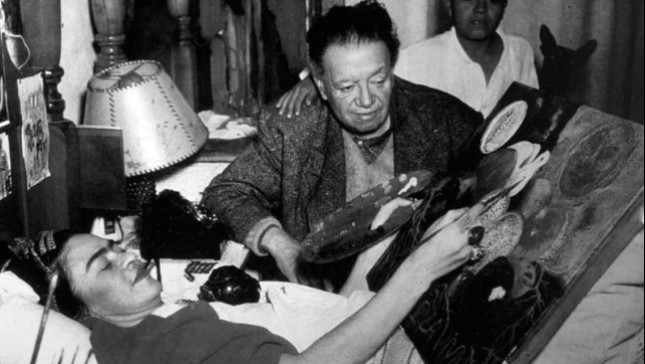
Frida Kahlo is arguably the most iconic Mexican painter in existence. The unique aesthetic of this inspiring woman is recognised worldwide, and her paintings reflect a life marked by pain. Having contracted polio as a child, she began grappling with disability. However, it wasn’t until the age of 18, after a bus accident in which she fractured her spine, collarbone, pelvis, several ribs and a leg, that Frida took up painting.
Spending much time in bed, unable to sit up and bored, led her to rediscover her passion for painting. With the aid of a mirror for self-portraits and an easel adapted to allow her to paint lying down, she created some of her most significant works, such as The Broken Column and The Wounded Deer, reflecting the pain and suffering she experienced and channelled through art.
Mary Verghese (1925-1986, India)
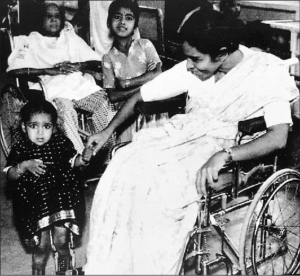
Mary Verghese is one of the most important Indian women in terms of the legacy she has left in the world of rehabilitation for people with spinal cord injuries in her country. A gynaecologist by profession, she became paraplegic after a car accident in 1954.
Over the following years, this inspiring disabled woman achieved several milestones, including becoming the first wheelchair surgeon. Her most significant accomplishment was establishing the first Rehabilitation Institute for people with spinal cord injuries in the city of Vellore, India.
To achieve this, Mary Verghese travelled to the Australian Rehabilitation Centre in Perth and the Institute of Physical Medicine and Rehabilitation in New York. She underwent years of learning and training before founding the first Rehabilitation Institute in India in 1966. This centre remains operational today.
Judith Heumann (1947-2023, USA)
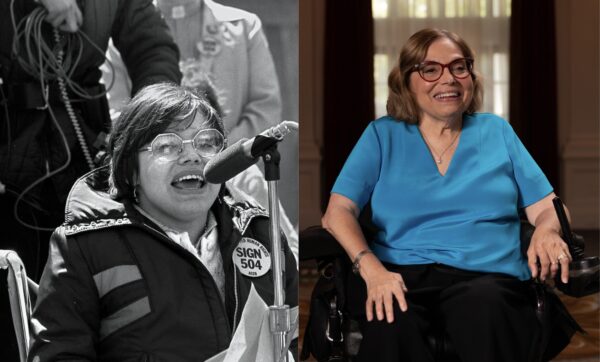
Judith Heumann is remembered as the “mother” of the disability rights movement for her activism and strong commitment to the struggle for disability rights. Heumann grappled with the stigma of being a disabled woman in a wheelchair from an early age. At the age of 5, she was denied access to school, fearing she couldn’t be saved in a fire due to her inability to walk.
Years later, after graduating with a degree in education, she was again rejected for a teaching licence. Once again based on doubts about her ability to evacuate pupils in the event of a fire. Judith eventually won her case against the board of education and became the first wheelchair-bound teacher in New York City.
During her college years, she participated in and organised protests for her rights. This experience propelled her into a more intensive struggle.
In 1977, she orchestrated the successful Section 504 Sit-In in San Francisco. She also co-founded the World Institute on Disability and became the first Special Advisor for International Disability Rights at the U.S. State Department, championing the rights of people with physical disabilities around the world. She also co-authored her memoir, Being Heumann, and its young adult version, Rolling Warrior.
Her formative years, from 9 to 18, spent at the Jened summer camp for people with physical disabilities in Hunter, New York, are chronicled in the Oscar-nominated documentary Crip Camp: A Disability Revolution, depicting how a robust activism for disability rights emerged in the United States.
María Carmen Riu (1951, Barcelona)
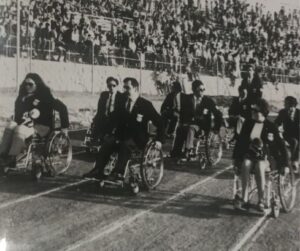
In terms of sport, Spain did not have female representatives at the Paralympics until the 1968 Paralympic Games in Tel Aviv. Swimmers María Carmen Riu, a poliomyelitis survivor since the age of 7, and Rita Granada were the first to represent Spain.
The story of María Carmen Riu is legendary. She achieved a double victory by becoming the first Spanish athlete to participate in a Paralympic event and became the first disabled woman to win two silver medals for Spain. In the subsequent edition (Munich 1972), she won another silver medal but declined it as a protest against the differential treatment received by Paralympians compared to Olympians.
She retired from sports thereafter and she has dedicated her life to teaching psychopaedagogy. Also she became an activist for the rights of women with disabilities. She represented women from Catalonia at the United Nations and served on the Council of Europe on Women and Disability. Since 2003, she has chaired the Dones No Standards association, which advocates for the integration of women with physical disabilities into the labour market and the eradication of gender violence.
Stella Jane Young (1982 – 2014, Australia)
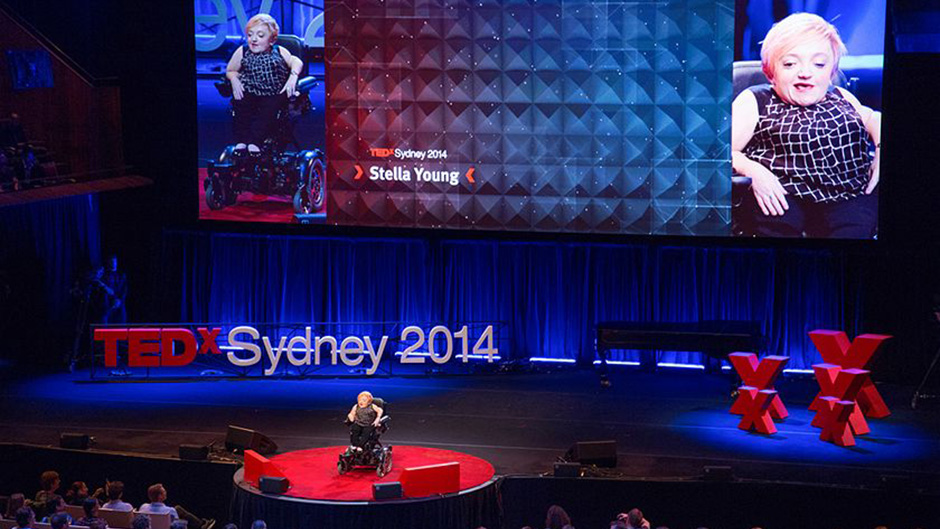
Stella was an Australian comedian, journalist and disability rights activist. Born with osteogenesis imperfecta, she became involved in physical disability advocacy at the age of fourteen. She joined several physical disability and women’s advisory and advocacy boards and councils in the Australian state of Victoria.
Young contributed to programmes focused on disability education such as Channel 31’s No Limits and Ramp up, an Australian Broadcasting Corporation (ABC) website. Both programmes provides news, discussion and humour for physically disabled people in Australia.
She deconstructed society’s habit of turning people with physical disabilities into what she termed “inspirational porn”. The concept became globally popular thanks to the TEDxSydney talk she gave in 2014 entitled I’m not your inspiration, thank you very much.
She had a widely recognised comic side. Stella made her solo debut at the 2014 Melbourne International Comedy Festival. Her show Tales from the Crip, directed by Nelly Thomas, earned her the award for Best Newcomer at the festival.
She passed away later that year. In 2017, she was posthumously inducted into the Victorian Honour Roll of Women, recognising her contributions as a “journalist, comedian, feminist and fierce disability activist”.
Celebrating the Unstoppable Spirit of Famous Women with Disabilities
Throughout history, numerous famous women with disabilities have made significant contributions leaving a lasting legacy that continues to inspire.
These women have not only broken barriers in their respective fields. They have also served as powerful advocates for the rights and visibility of people with physical disabilities. Their stories underscore the importance of resilience, determination, and the pursuit of equality, showcasing how individuals can make a profound impact regardless of the challenges they face.

